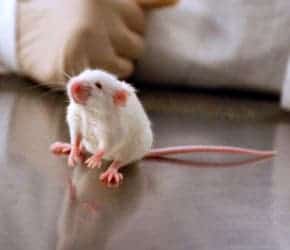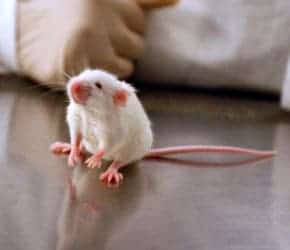
Since RGS14 seems to hold mice down, John Hepler, PhD, professor of pharmacology at Emory University School of Medicine have nicknamed it the “Homer Simpson” gene. The gene is located in one particular part of the brain, the CA2, which is a part of the hippocampus, a region known to be involved in learning and the forming of new memories. However, the CA2 area is still an unknown area for researchers.
What makes this whole study even more interesting is the fact that the RGS14 gene is also in humans, and probably has the same use as it does for mice.
“A big question this research raises is why would we, or mice, have a gene that makes us less smart – a Homer Simpson gene?” Hepler says. “I believe that we are not really seeing the full picture. RGS14 may be a key control gene in a part of the brain that, when missing or disabled, knocks brain signals important for learning and memory out of balance.”

What’s even better is that there didn’t seem to be any negative side effects to the deactivation of the gene, but there are still some possibilities that have to be investigated before definitive conclusions are drawn.
“The pipe dream is that maybe you could find a compound that inhibits RGS14 or shuts it down,” he adds. “Then, perhaps, you could enhance cognition.”









